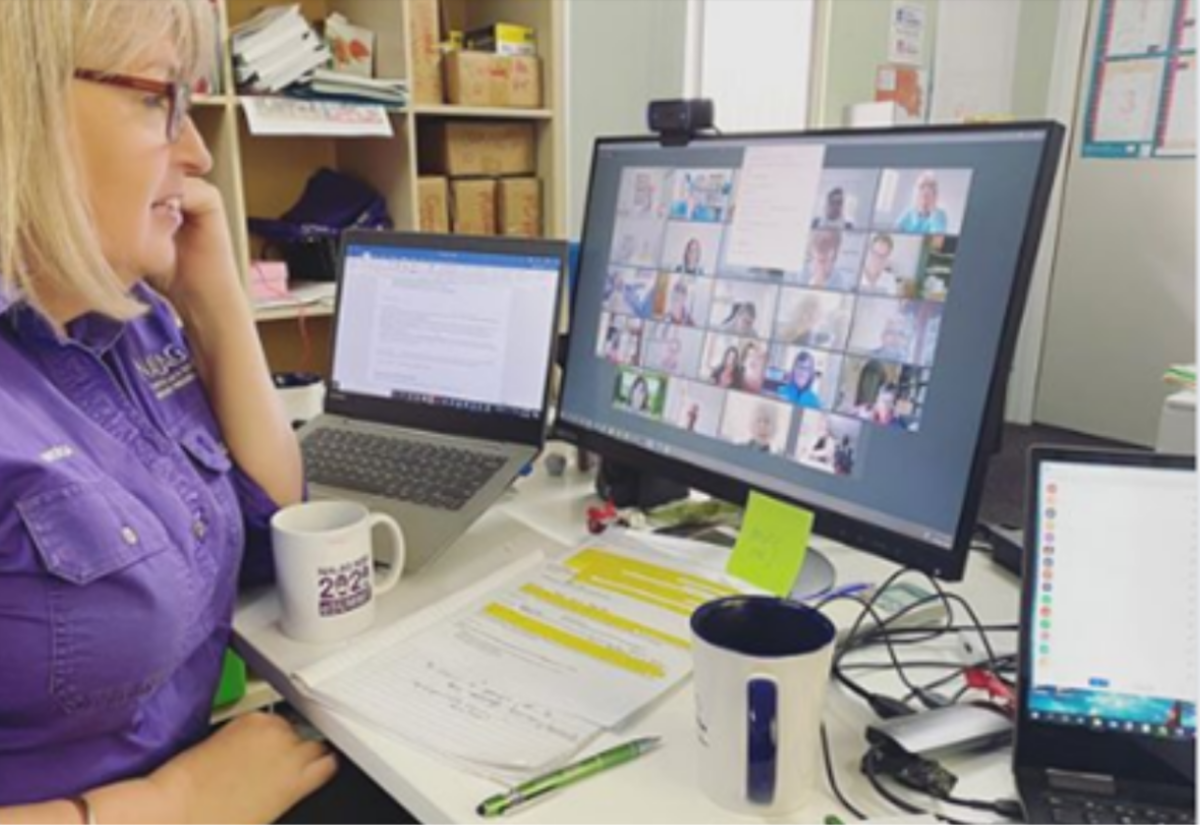Are they really okay?
Oliver Brown
08 September 2021, 10:22 PM
 Mental health sessions are still available by phone or online for those still in lockdown.
Mental health sessions are still available by phone or online for those still in lockdown.By OLIVER BROWN
MENTAL HEALTH providers say R U OK? Day is more important than ever this year under the strain of the statewide lockdown, especially for smaller townships across the Western Plains which have gone through a lot in the past 12 months.
Today (Thursday 9 September) marks R U OK? Day 2021. The annual mental health awareness day that encourages us to check in with friends and family was started by the Australian non-profit suicide prevention organisation of the same name in the late 1990s.
R U OK? was founded in 2009 by Gavin Larkin who was motivated by his father Barry taking his life in 1995, leaving family friends in deep grief and with endless questions on how the tragedy could have been pre-empted.
In 2021, what has been called ‘The Shadow Pandemic’ is hitting hard, with a recent state of the nation report by Suicide Prevention Australia (SPA) showing that one quarter of Australians know someone who has taken their own life in the past 12 months, and Lifeline Help staff reporting calls in record numbers.
Rural Mental Health Coordinator from the Rural Adversity Mental Health Program (RAMHP) Camilla Herbig said the overall message of R U OK? was something to consider at any time, and especially now.
"I think the message of the day is fabulous in terms of opening a conversation when you're not sure if someone is ok - that said, it's not just about one day, you need to ask the question every day," Mrs Herbig said.
"Now is a really good time to check in with people while we're in lockdown - even though we have to physically distance, we can still socially connect virtually.
"Also, it's really important to actually listen to the answer and really have a deeper conversation - 'are you ok' can be a really easy question to ask and evade, so you also need to ask the deeper questions."
According to Mrs Herbig, it can be really difficult for people in remote NSW communities to access support, whether it was through services or their own networks.
"Every year, remote communities see many adversities and challenges - some have gone through drought, mice and now COVID, it's just another thing that can take a toll on people's mental health," she said.
"While we're in lockdown, people can be apprehensive to seek support and prefer to wait and see - instead, I would encourage people to reach out early. Even if you make an appointment and feel better on the day, you should still attend."
Restrictions due to COVID-19 have also resulted in mental health services needing to adapt how they provide their services while remaining COVID-safe.
CEO of the National Association of Loss and Grief (NALAG) Deb Todkill - which offers mental health services across regional NSW - said her organisation already had virtual counselling services before COVID for their more remote clients and now used them for all their services.
"We've always delivered part of our service virtually - both through the telephone and over Zoom - so we've adapted pretty well," Ms Todkill said.
"The demand for our service has increased by 54 per cent, so whilst we're not in the office, we are still delivering our services and helping people while keeping our staff safe, which is really important now we're in the thick of it."
Ms Todkill said you can never assume someone is ok and now was more important than ever to give them a call.
"R U OK? Day is going to be really relevant this year because we've had to change how we interact - now's more important than ever to ring and check in with your friends," she said.
"It's important to make it meaningful and have a conversation that encourages people to say 'actually, I'm not ok'. They just need to be valued and even if you do a little thing by asking them, it can make a big difference."
Ms Todkill and Mrs Herbig both said local support services are crucial but there are also the larger support networks like Lifeline at 131 114 or the NSW Mental Health Line at 1800 011 511 are also available and there to help those in need.